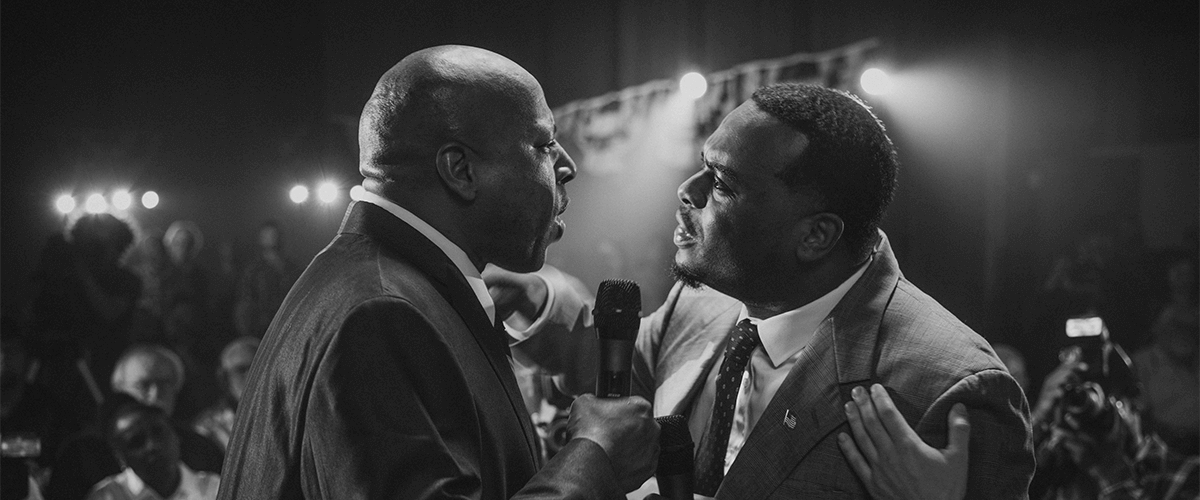
Everybody would come running and form a circle of excited spectators. We didn’t care about the cause of the conflict or worry about the people involved. We just wanted to see the drama unfold. And it was almost like drawing the crowd made the escalation of the conflict even more inevitable. It occurred to us that our current climate of cultural conflict can make it feel like we’re all back in grade school again, watching the fight.
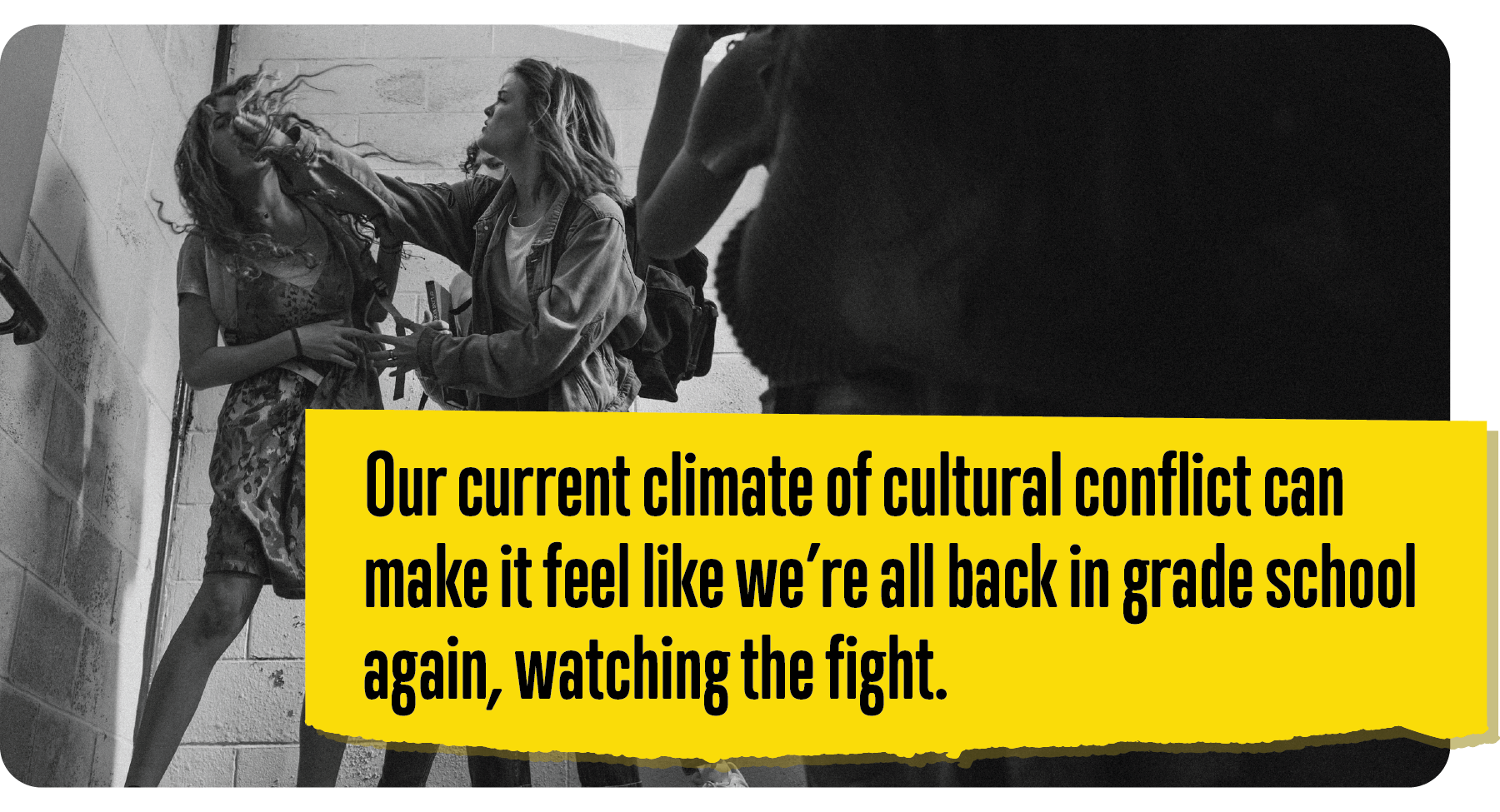
Don’t get us wrong. Conflict can be healthy. Expressing outrage at injustices, being a voice for the voiceless, and boldly representing your values and identity are important parts of the human experience. Jesus did all these things. But how often do our conflicts devolve from a dignified defense to a dehumanizing hate for others? And how often do we just consume conflict that really has nothing to do with values and everything to do with our guilty pleasure of hateful content, just like a grade school fight?
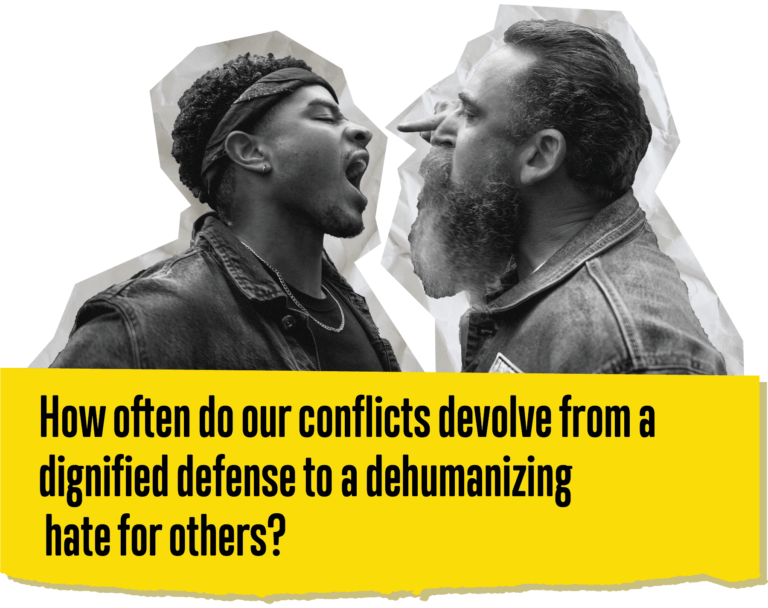
We stop our scroll to watch a video of people screaming at or getting physical with a customer service agent or a fast-food worker. We tune in to watch two political pundits tear each other apart on cable news. We like and share insulting jokes on social media made at the expense of those who think differently than us. We turn an unfortunate incident in a person’s life into a meme for people to mock them.

And we love to pick a side. We identify with the reasonable neighbor dealing with the nosey troublemaker next door. We doomscroll opposing takes on trending topics that we know will only serve to make us angry. It’s like many of us are addicted to the fight. And it seems that the evolution of technology and media has created an arena that fuels the addiction — like those hateful images, videos, and stories — and ideas are louder than anything else we consume. But why?
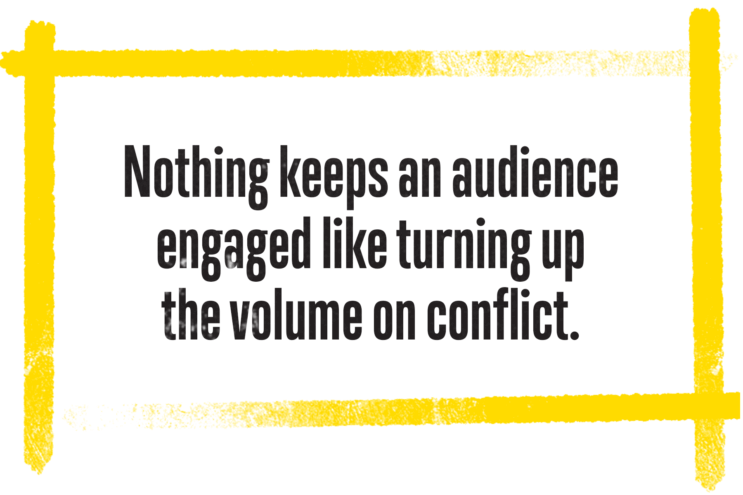
Most media have a simple goal: Create content that will build an audience and sell that audience to advertisers. Newspaper publishers used to say, “If it bleeds, it leads,” because stories about violent crimes and conflicts often found their way to the front page, stoking the reader’s emotions and selling more papers. Now social media makes all of us partners in that emotional manipulation. The loudest and most charged content tends to get the most comments, likes, and shares. And as giant publicly traded media and tech companies feel the pressure to provide more shareholder value, they find ways to keep us consuming. And nothing keeps an audience engaged like turning up the volume on conflict.
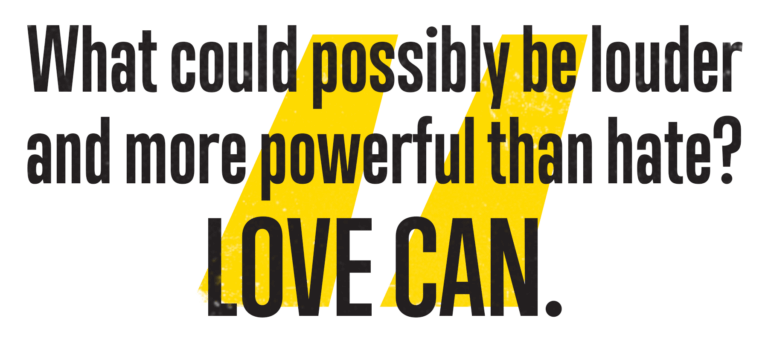
Pitting us in ideological battles, amplifying hateful moments and stories in all of humanity all of the time — it is a great way to build an audience and sell ads. It’s also an effective way to make people feel angry, isolated, anxious, and distrustful of others. And, just like a slot machine, our social apps reward the pleasure centers in our brains with likes, shares, and comments when we participate — commenting on that divisive video or sharing that snarky meme. It’s systemic. It’s diabolical. And it works.
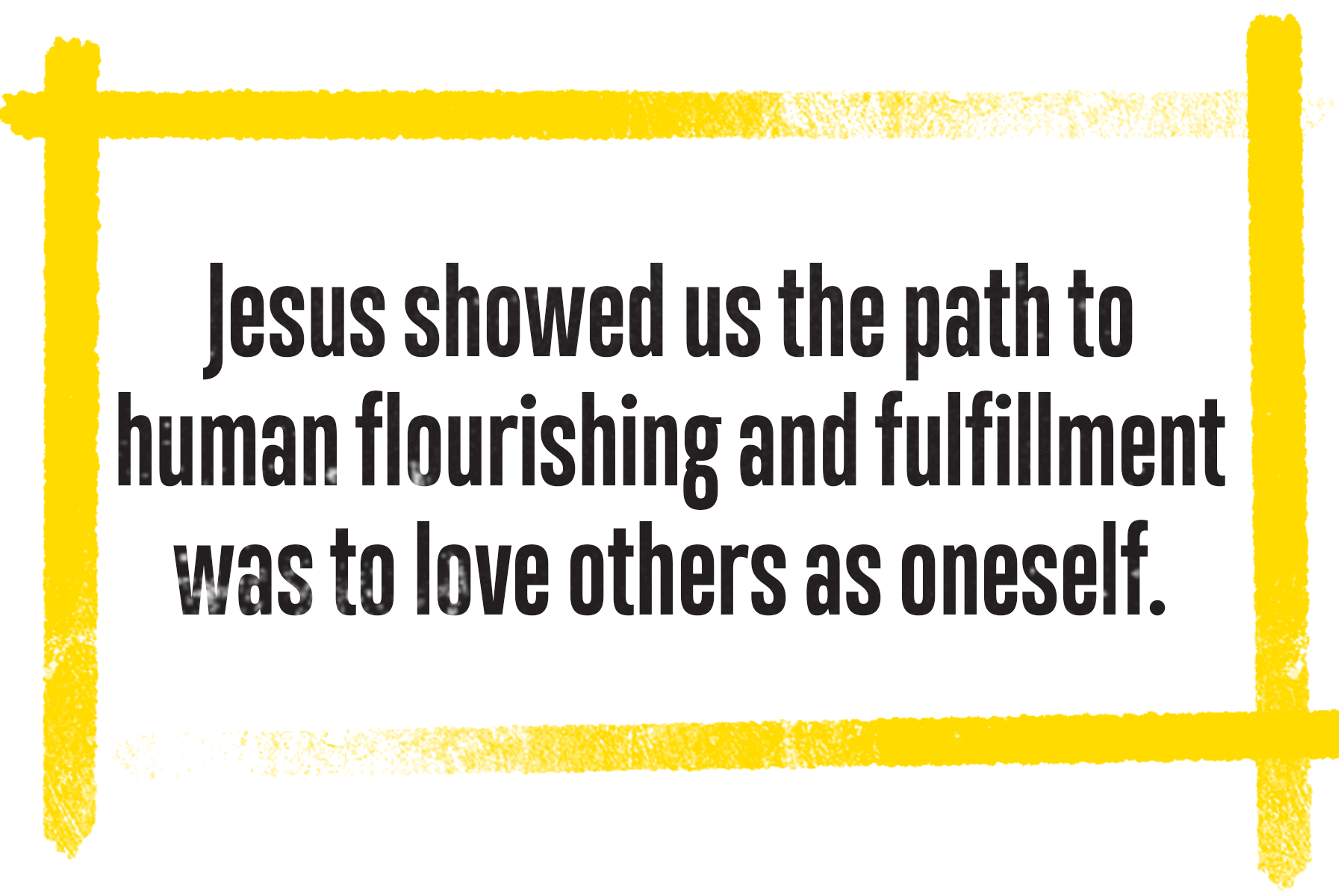
So what could possibly be louder and more powerful than hate? Love can. But not just any love. Confounding love. Unconditional love. Sacrificial love. The love we see in Jesus. This shocking and even revolutionary figure — who challenged the status quo of his time, who spoke out against the religious and political leaders of his day, who advocated for the marginalized and oppressed, but who always, always, always loved others despite their identity, beliefs, or values. Jesus showed us the path to human flourishing and fulfillment was to love others as oneself, even if it costs you your life.

How would it change the tenor of our conflicts and our conversations? What would the world look like if we all resisted the temptation to defend our self-interest at all costs and loudly proclaimed together that the love for others, the compassion for another’s lived experience, the empathy for their position, and the respect for their dignity were the most important values we all could hold? That’s a hard ask, seemingly impossible. But He Gets Us invites people to explore the story, teachings, and mission of one who lived that way. No matter what you believe about God or Christianity, consider this: What might we learn today from a person like that?
Bible Reference: Luke 6:27-31

